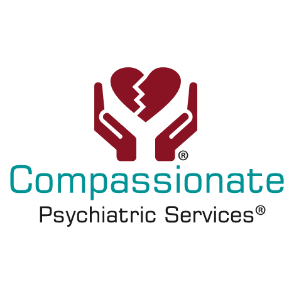
Organizations, such as the Defensive Line and African American Wellness project have made extraordinary advances in advocating for the mental health needs of the black communities, such as helping them better navigate the healthcare systems. The Defensive Line provides group sharing experiences that help reduce stigma and create connections that save young lives. It also works with school administrators and teachers to understand the disparity of mental health services and issues for black youth.
Despite the enormous efforts towards social, racial, and economic justice and healthcare, the Black community will remain incomplete until the mental health disparities among this group are addressed.
The Black community suffers from an increased rate of mental health concerns, including anxiety and depression. Increased violence, traumatic experiences, and the hyperarousal of the fight or flight response are directly related to the lack of access to appropriate and culturally responsive mental health care resources. The prejudice and racism inherent in the daily experience of Black individuals, and historical trauma enacted on the Black community by the medical field continue to be an obstacle.
Given that the Black community exists at the junction of racism, classism, and health inequity, their mental health needs are often exacerbated and mostly unfulfilled. Issues related to economic insecurity, and the associated experiences, such as violence and criminal injustice, further serve to compound the mental health disparities in the Black population.
Contributing factors for the mental health disparity in the Black community might include:
- Lack of trust toward the medical field due to historical abuses of Black people
- Lack of adequate insurance
- Lack of culturally aware mental health providers
- Financial burdens associated with obtaining mental health services
Though the Black community constitutes approximately 12% of the U.S. population, they are overrepresented in these high-risk populations:
- Approximately forty percent of the homeless population
- Fifty percent of the prison population
- Forty-five percent of children in foster care
Exposure to violence, incarceration, and involvement in the foster care system, increases trauma and mental illness. Traumatic experiences are proven to cause biological changes in the brain, and we are beginning to understand how these physiological changes are genetically encoded and passed down to future generations. These findings suggest that in addition to the cultural and psychological inheritance of trauma, intergenerational trauma may be passed down biologically from one generation to the next.
In a community where being strong and capable of protecting oneself against psychological and physical danger, it is understandable that there is a significant stigma associated with mental health.
In the Black community, there is often difficulty acknowledging any psychological difficulties. It is more acceptable to use religion, pastoral guidance, or prayer as a coping mechanism. Destigmatizing mental health can only be achieved by helping the Black community to understand that their mental health is an essential part of well-being — just like healthy eating, sleeping, and exercising.
If you or a loved one struggles with mental illness, Compassionate Psychiatry Services can help develop a treatment plan specifically for you. Give our office a call today and speak with a specialist or visit our website.

